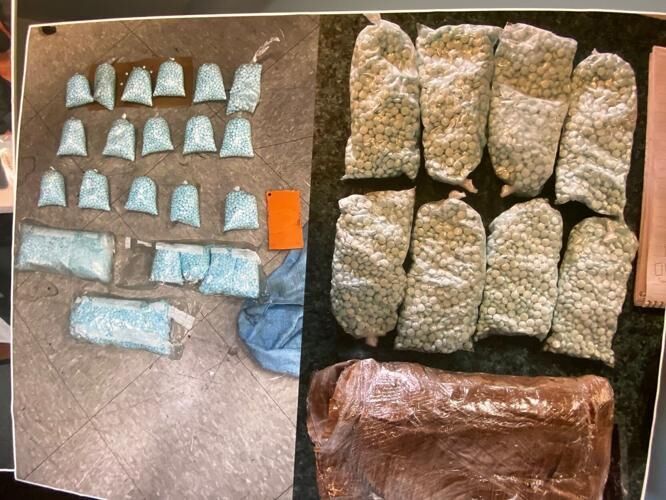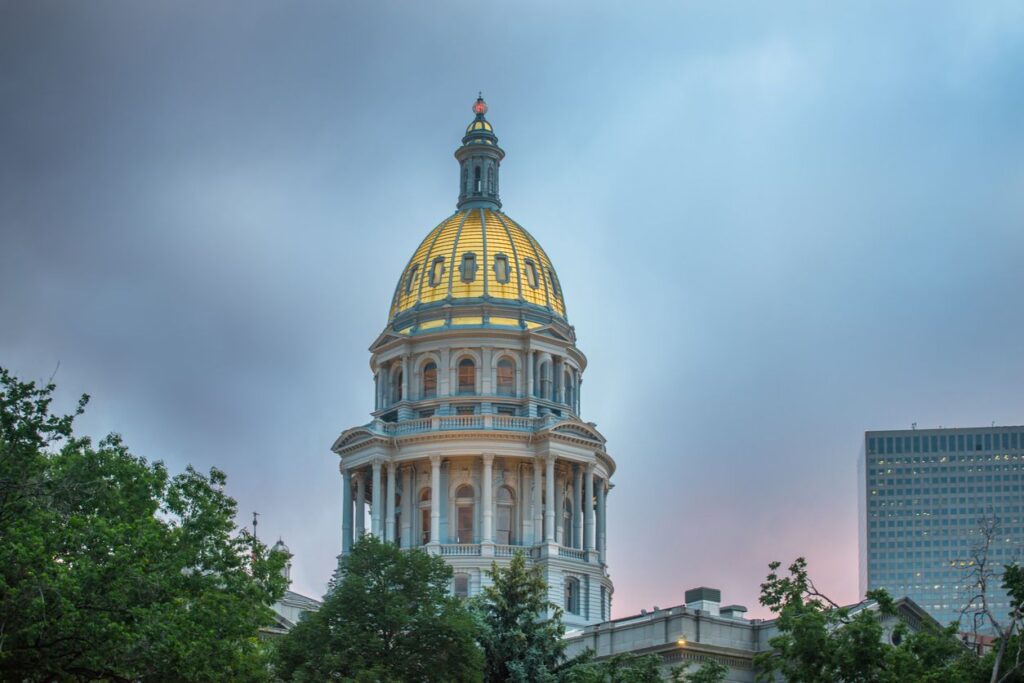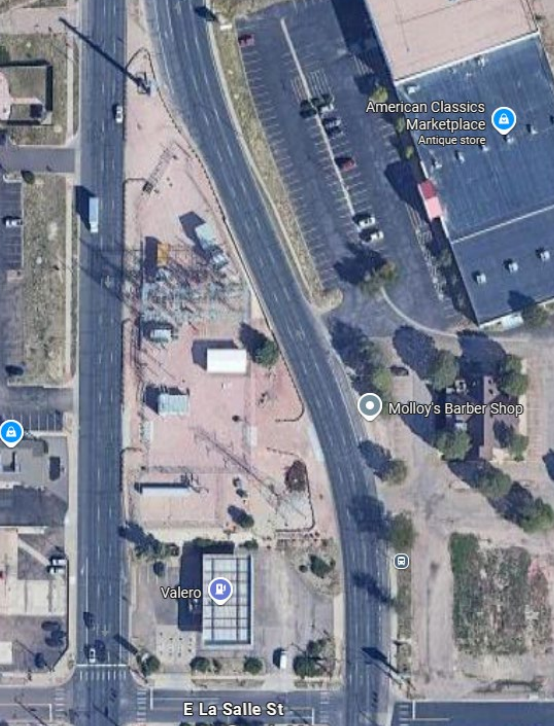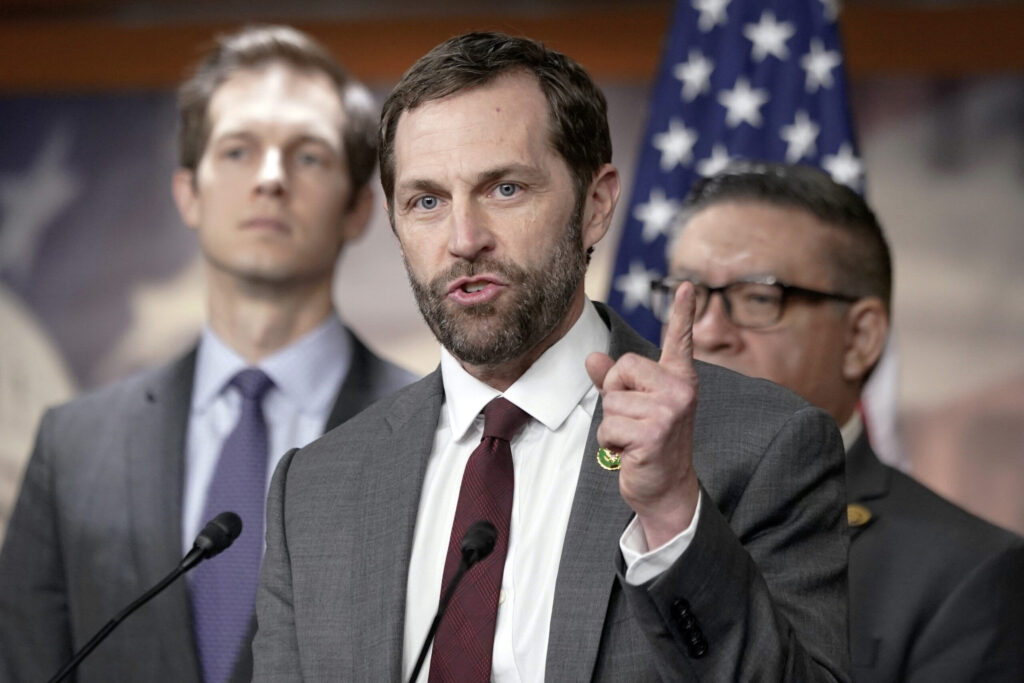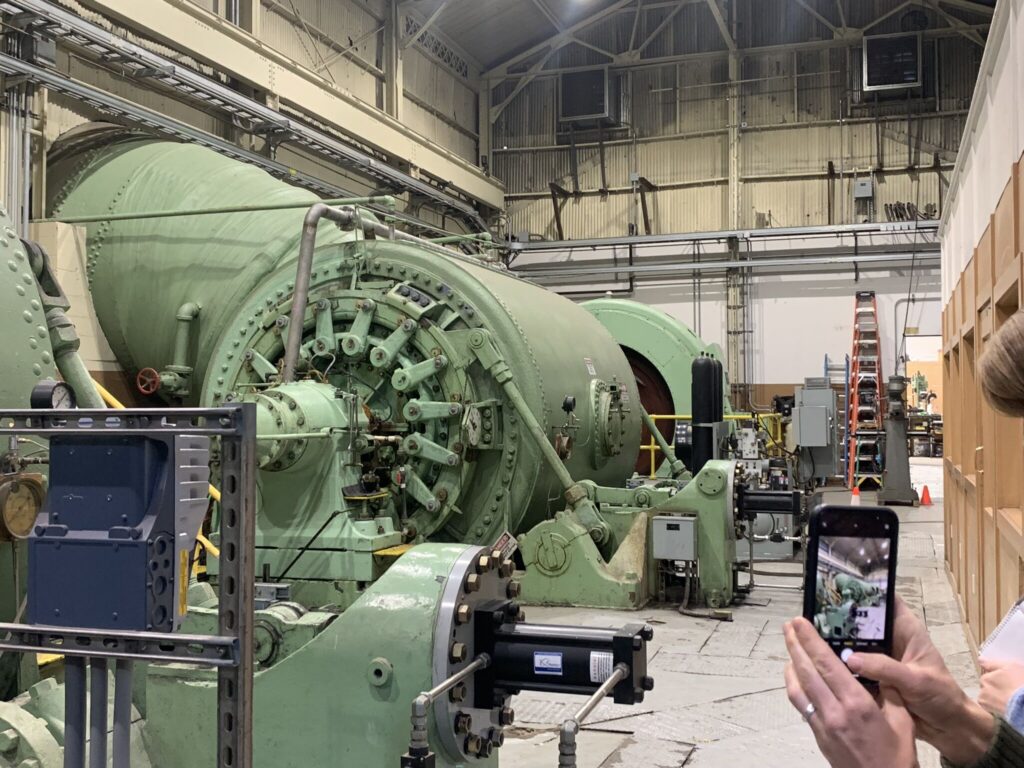Denver mayor, council and residents at odds over sub-32 degree homeless camp sweep proposal

Denver’s mayor, council members and residents are at odds as to whether a proposed ordinance prohibiting homeless encampment sweeps when it’s below 32 degrees positively impacts the lives of those living on city streets.
The ordinance to delay homeless encampment sweeps when the weather is under 32 degrees faces a Denver City Council vote on Tuesday, Jan. 16.
Denver considers prohibiting homeless camp sweeps under 32 degrees
Opponents of the ordinance, including Mayor Mike Johnston, said an approval of it would cause a variety of issues.
“Mayor Johnston’s first priority is keeping Denverites safe and healthy,” a mayor’s office spokesperson told The Denver Gazette Tuesday. “We know that cold temperatures pose a serious danger to people living outdoors, and this proposal will limit the actions the city can take to keep people safe.”
The new ordinance’s intention is to avoid moving people out of current living situations in below-freezing temperatures in case they have nowhere to go.
The city’s homeless housing dashboard showed that the city in 2023 housed 1,135 people through 10 encampment sweeps meant to also offer temporary housing provided those given a seven-day notice.
Johnston dubs the process “encampment closures” due to the nature of also offering temporary housing. He has particularly targeted larger homeless camps in the downtown area.
Only those living there when the seven-day notice is given are offered temporary shelter.
Johnston’s administration spent $45 million to move more than 1,000 homeless people indoors in 2023 and plans to spend $50 million in 2024 to do the same.
If the ordinance is approved, the city may execute an encampment sweep as long as the National Weather Service predicts 32 degrees or above for four hours straight the day of a planned encampment sweep, according to the proposed ordinance.
An encampment sweep would be delayed if the National Weather Service reports temperatures below 32 degrees in the previous 48 hours.
If an encampment sweep gets delayed, another seven-day notice would be given to the homeless people living there, according to a spokesperson from the Department of Public Safety.
The sub-32 degree ordinance also allows for more warming center capacity throughout the city.
The goal is to “move people only during warming periods,” at-large Councilmember Sarah Parady said during Monday’s council meeting.
Four council members sponsored the bill: Parady, Shontel Lewis, Paul Kashmann and Council President Jamie Torres
“I think this bill helps the life and safety factor for those living in tents who we are asking to move around in freezing temperatures,” Torres told The Denver Gazette. “We don’t always have a warm place to move people when we do sweeps. We can wait to make those moves to a time and date that don’t compromise them to risks of extremely cold weather.”
Homeless advocates for months suggested to council members that they consider slowing down homeless camp sweeps, especially during cold weather spurts.
Other city council members and residents were not so chill about the sub-32 degree proposal.
Four councilmembers voted not to file the bill for final vote next week: Amanda Sawyer, Diana Romero-Campbell, Darrell Watson and Kevin Flynn.
“There will be very few opportunities in the winter months to address very real and life-threatening conditions in encampments simply because of the thermometer,” Flynn told The Denver Gazette, adding the goal is to get people indoors which “this bill unnecessarily stands in the way.”
District 9 Councilmember Darrell Watson said Monday the ordinance would complicate efforts for outreach teams going out to provide resources during cold weather spurts.
One resident, Dawn McNulty, planned to tell council members, if she had spoken, that the proposed bill would cause “alarming public health and safety implications,” she wrote down in her message to the council members
McNulty, along with a few other opponents of the bill, were not given time to speak during the City Council’s weekly 30-minute public comment section on Monday.
“My deepest concern is the city council did not offer equal opportunity for both sides of the proposed bill, as a result I personally believe the city council is operating in an echo chamber of ideological control,” McNulty told The Denver Gazette.
The city would be impacted by way of the “economy, reputation, and environmental sustainable growth as residents and visitors do not feel safe using bike paths, public transportation, and walking after dark amongst illicit drug users and armed distributors in encampments,” McNulty added.
Among health implications mentioned by opposing residents and council members are frostbite, not having enough food or resources, theft, crime and mental health concerns.
Below zero temps coming to Colorado for MLK Jr. weekend
The Denver Department of Public Health & Environment can override ordinance language if officials feel it is necessary, according to Torres.
Next week’s vote comes at a time when colder weather is forecast to arrive in the Mile High City with sub-zero temperatures possible over the weekend.



